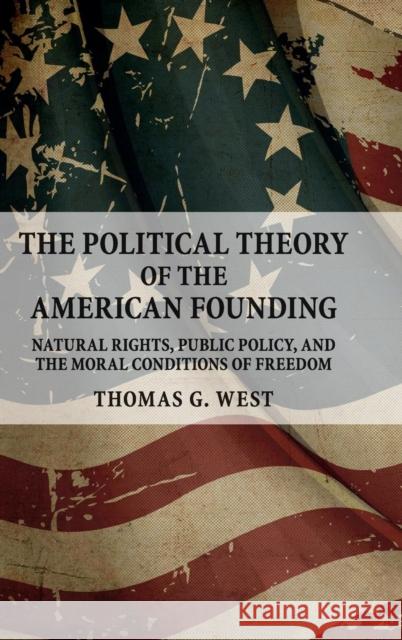The Political Theory of the American Founding: Natural Rights, Public Policy, and the Moral Conditions of Freedom » książka
topmenu
The Political Theory of the American Founding: Natural Rights, Public Policy, and the Moral Conditions of Freedom
ISBN-13: 9781107140486 / Angielski / Twarda / 2017 / 428 str.
The Political Theory of the American Founding: Natural Rights, Public Policy, and the Moral Conditions of Freedom
ISBN-13: 9781107140486 / Angielski / Twarda / 2017 / 428 str.
cena 476,68
(netto: 453,98 VAT: 5%)
Najniższa cena z 30 dni: 468,48
(netto: 453,98 VAT: 5%)
Najniższa cena z 30 dni: 468,48
Termin realizacji zamówienia:
ok. 22 dni roboczych
Bez gwarancji dostawy przed świętami
ok. 22 dni roboczych
Bez gwarancji dostawy przed świętami
Darmowa dostawa!
This book provides a complete overview of the Founders' natural rights theory and its policy implications.











